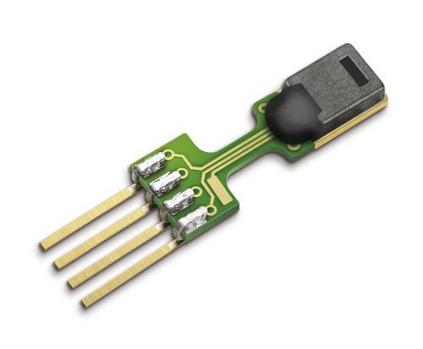Realizing human-like perception is a challenge in open driving scenarios due to corner cases and visual occlusions. To gather knowledge of rare and occluded instances, federated learning assisted connected autonomous vehicle (FLCAV) has been proposed, which leverages vehicular networks to establish federated deep neural networks (DNNs) from distributed data captured by vehicles and road sensors. Without the need of data aggregation, FLCAV preserves privacy while reducing communication costs compared with conventional centralized learning. However, it is challenging to determine the network resources and road sensor placements for multi-stage training with multi-modal datasets in multi-variant scenarios. This article presents networking and training frameworks for FLCAV perception. Multi-layer graph resource allocation and vehicle-road contrastive sensor placement are proposed to address the network management and sensor deployment problems, respectively. We also develop CarlaFLCAV, a software platform that implements the above system and methods. Experimental results confirm the superiority of the proposed techniques compared with various benchmarks.
翻译:由于转角案例和视觉隔离,在开放的驾驶场景中,实现类似人的看法是一项挑战。为了收集稀有和隐蔽情况的知识,已提议采用联盟学习辅助型连通自动车(FLCAV),利用车辆网络,利用车辆和道路传感器所收集的分布数据建立联盟式深神经网络(DNNs),不需要数据汇总,FLCAV保留隐私,同时减少通信费用,与常规集中学习相比,降低通信费用。然而,要确定多变情况中多阶段培训的网络资源和道路传感器位置,具有多模式数据集,这是很困难的。本文章介绍了FLCAV感知的联网和培训框架。多层图表资源分配和车辆路面对比传感器定位,分别解决网络管理和传感器部署问题。我们还开发了卡拉-FLCAV,这是一个实施上述系统和方法的软件平台。实验结果证实拟议技术优于各种基准。



